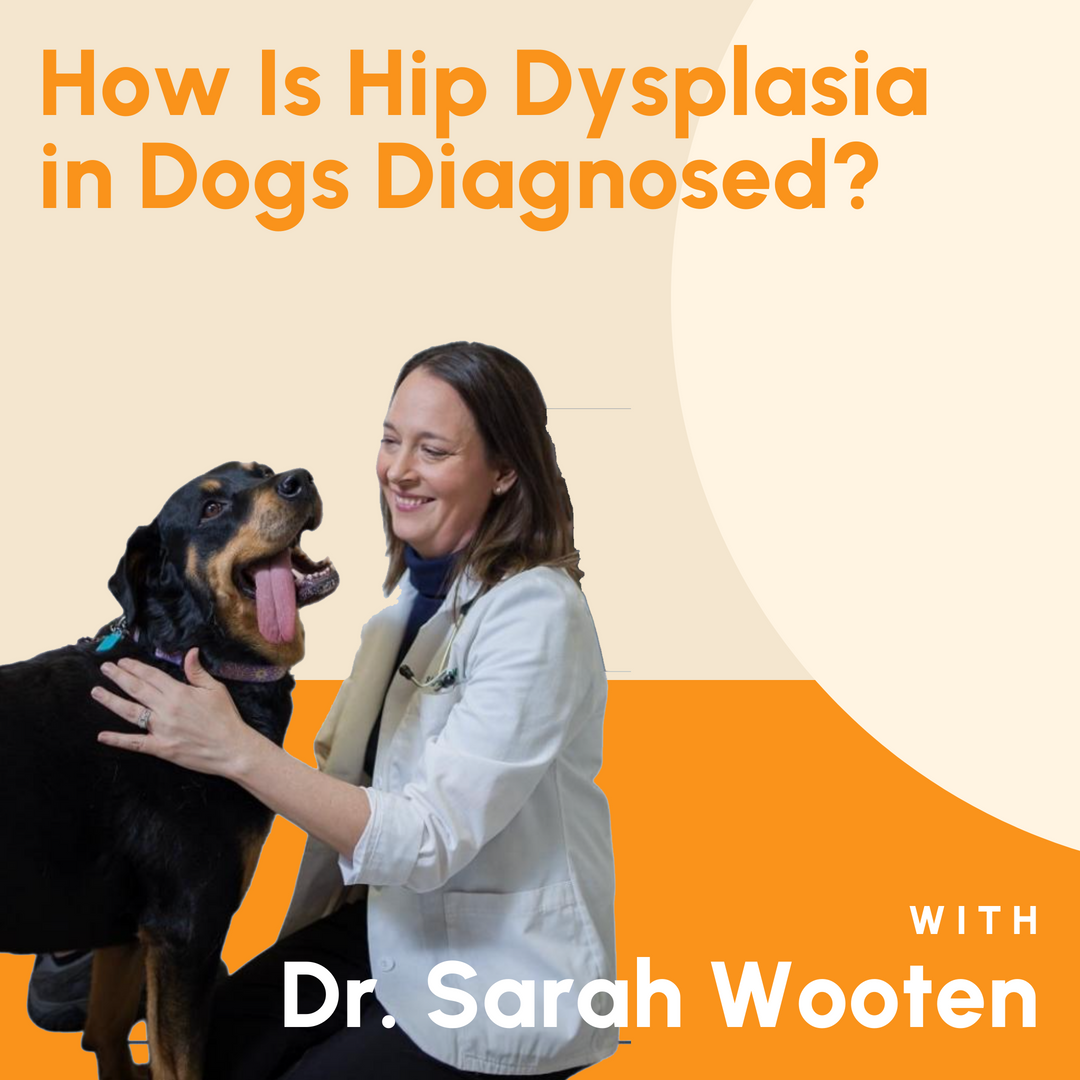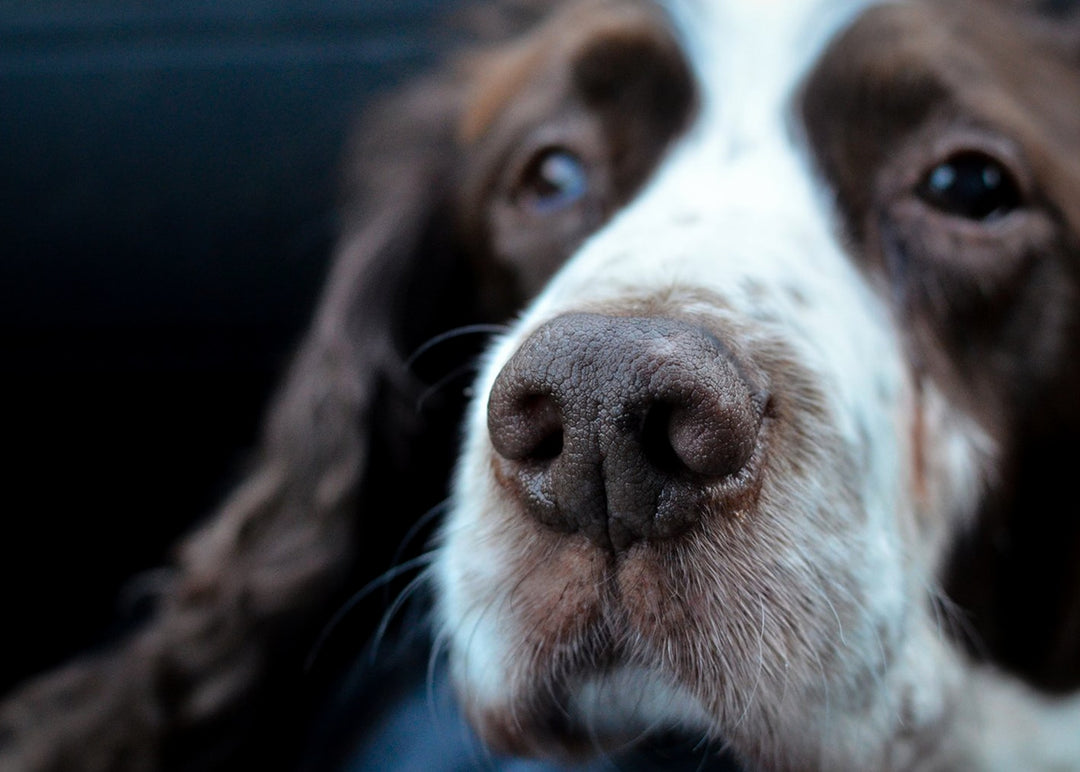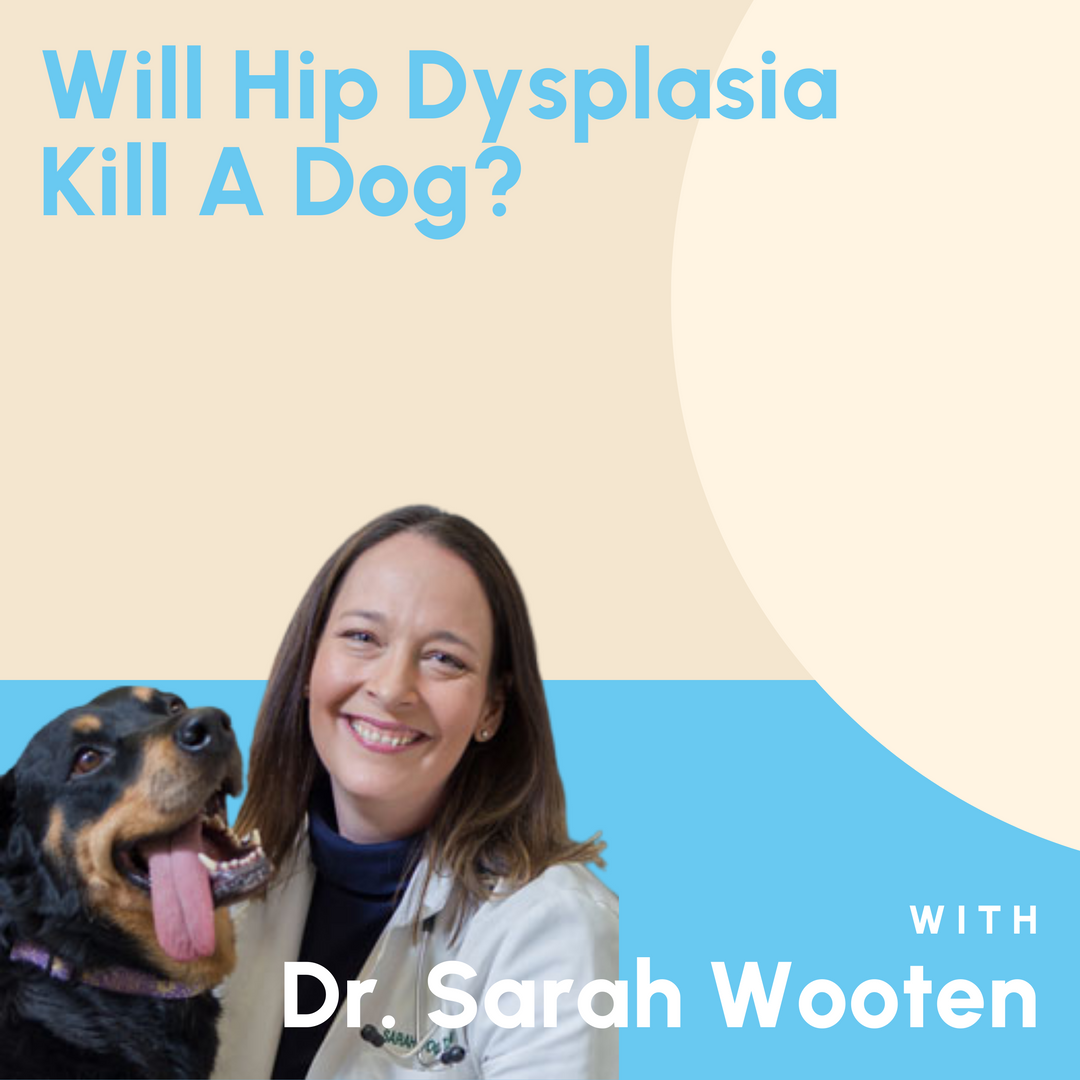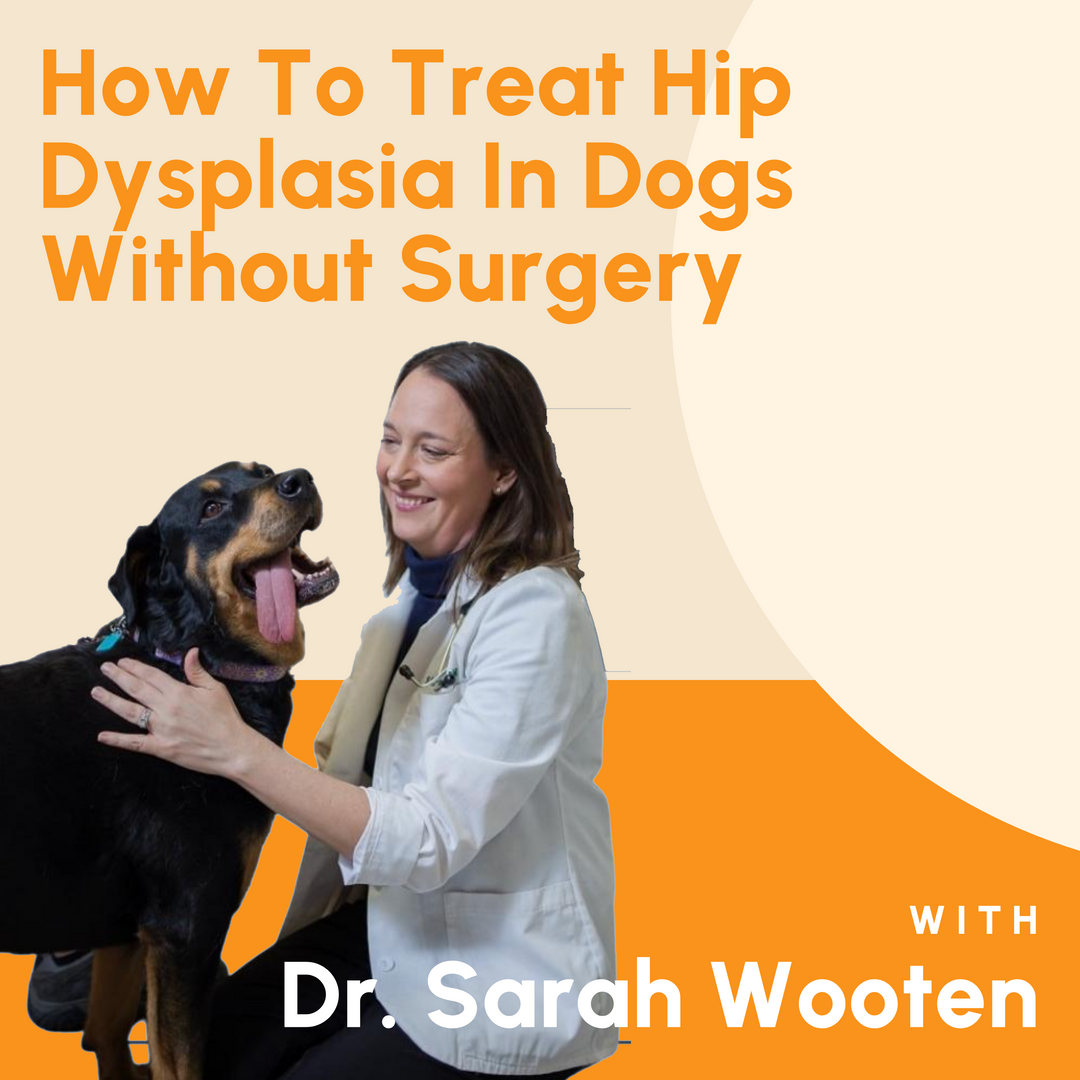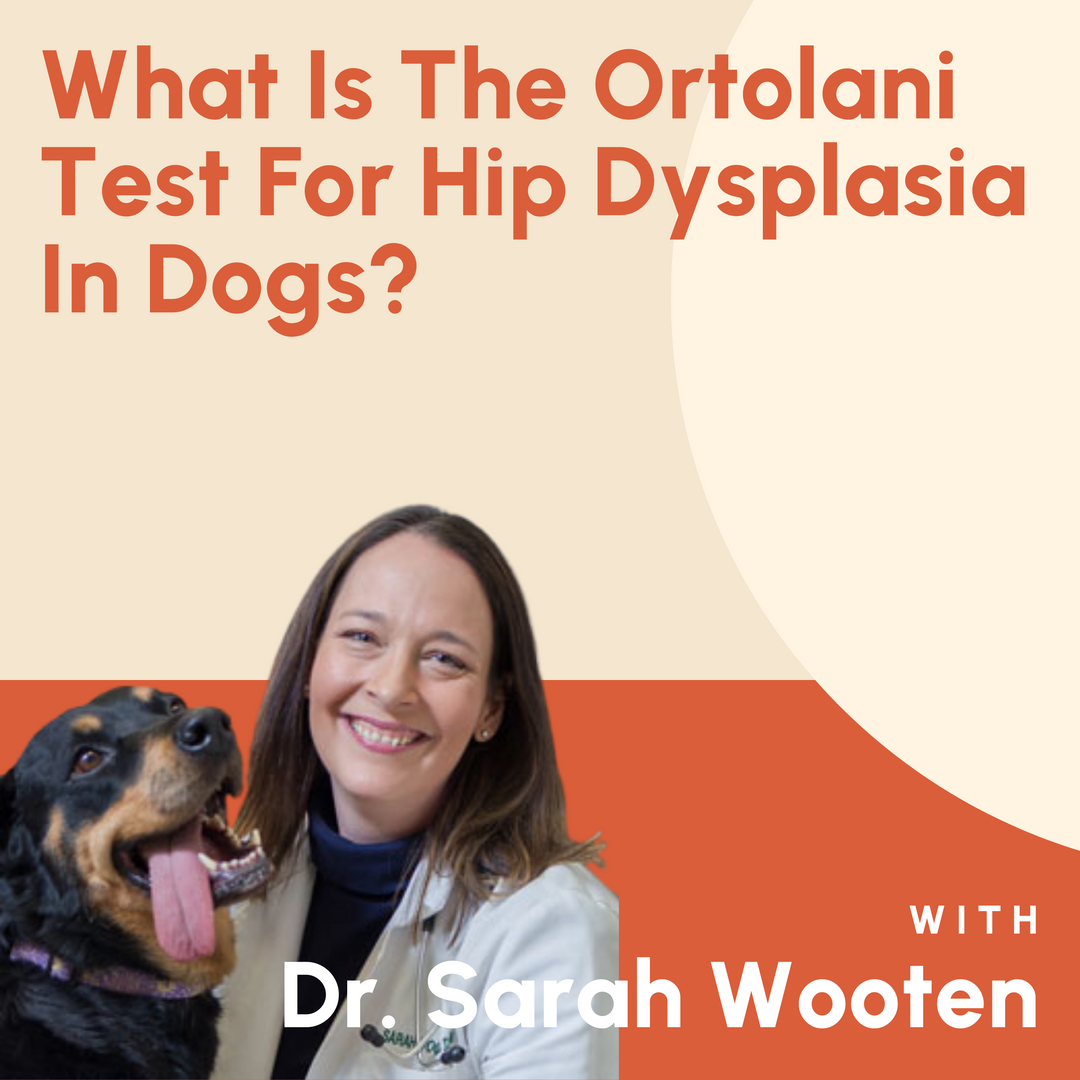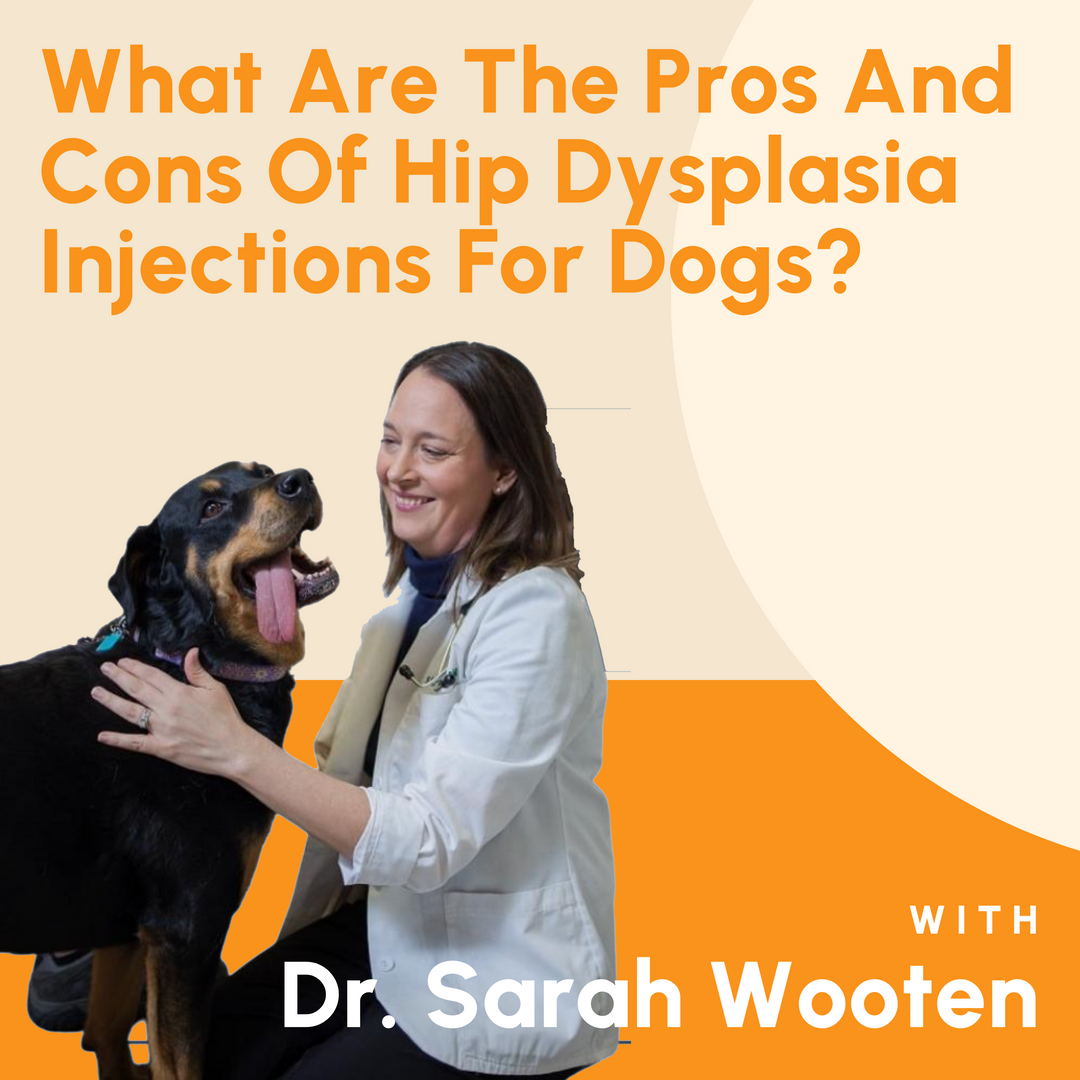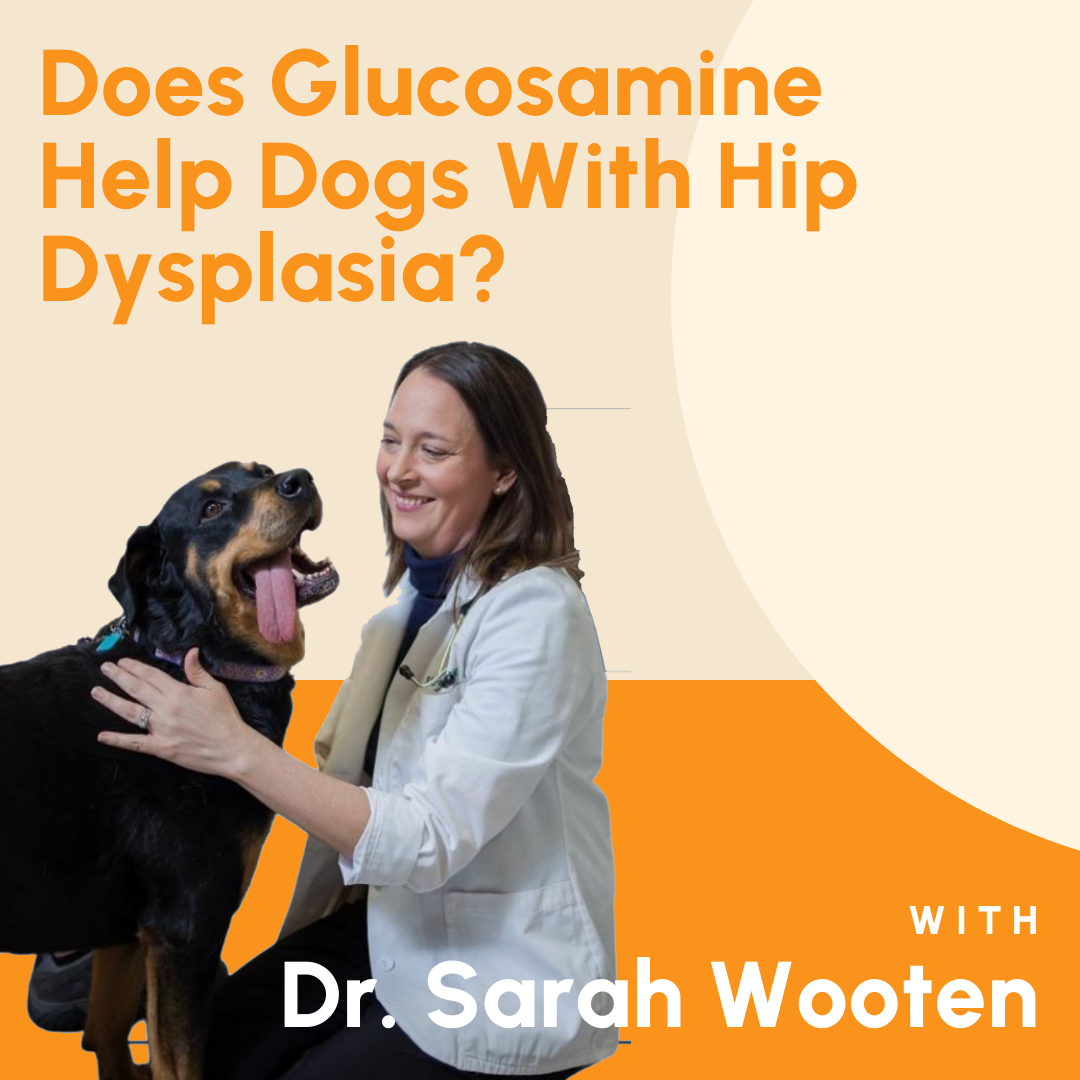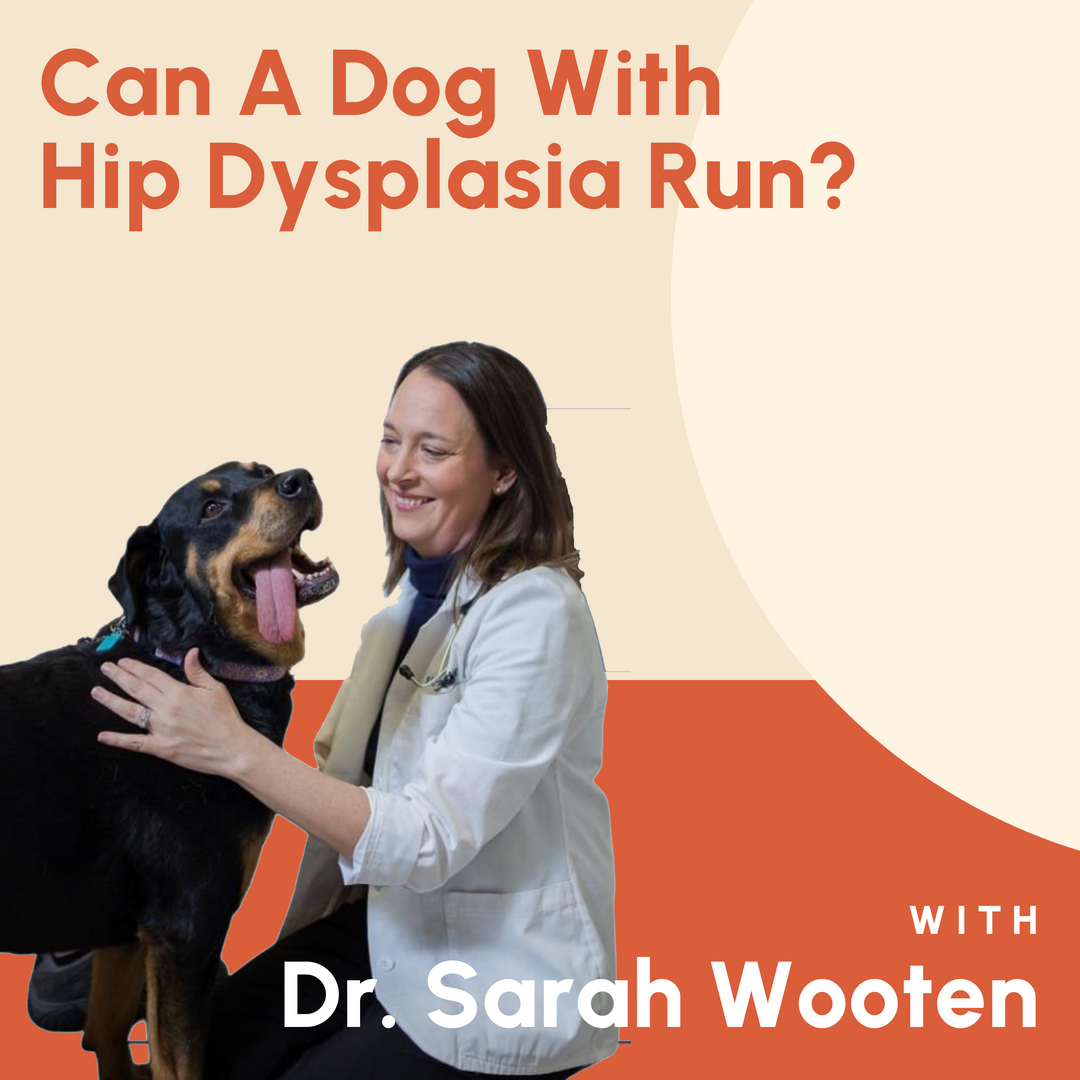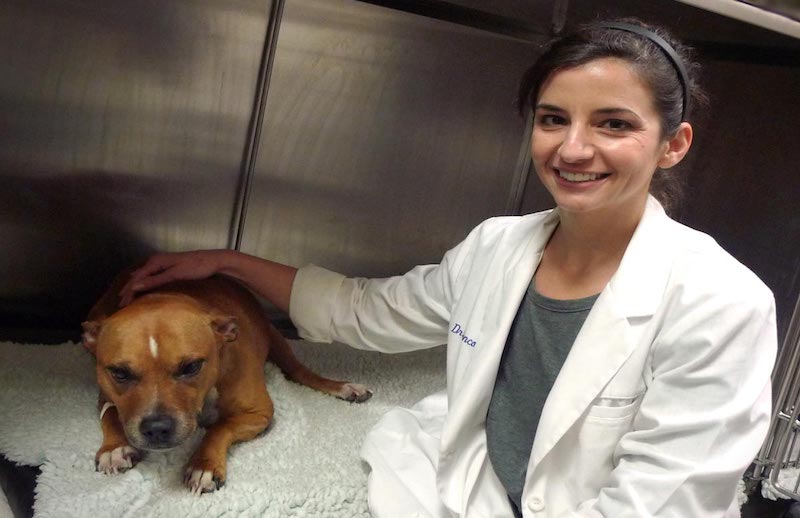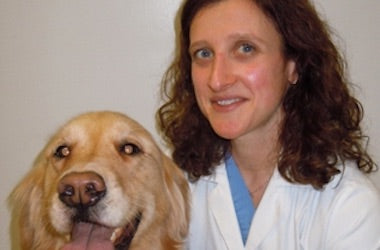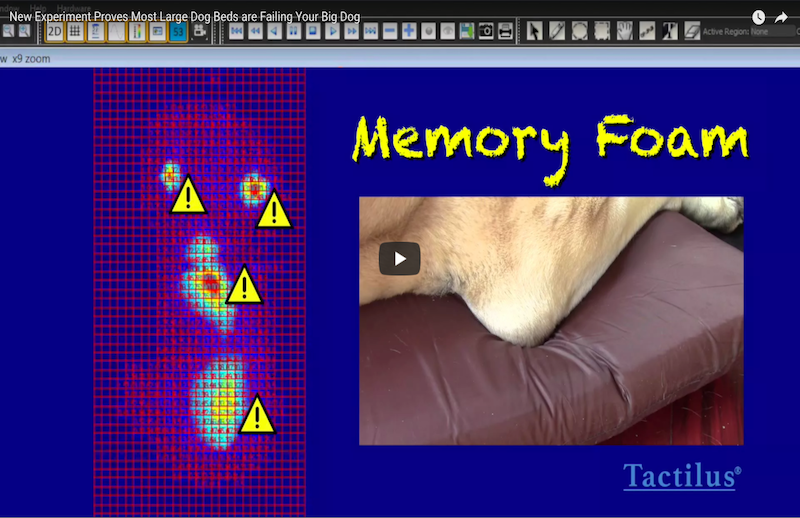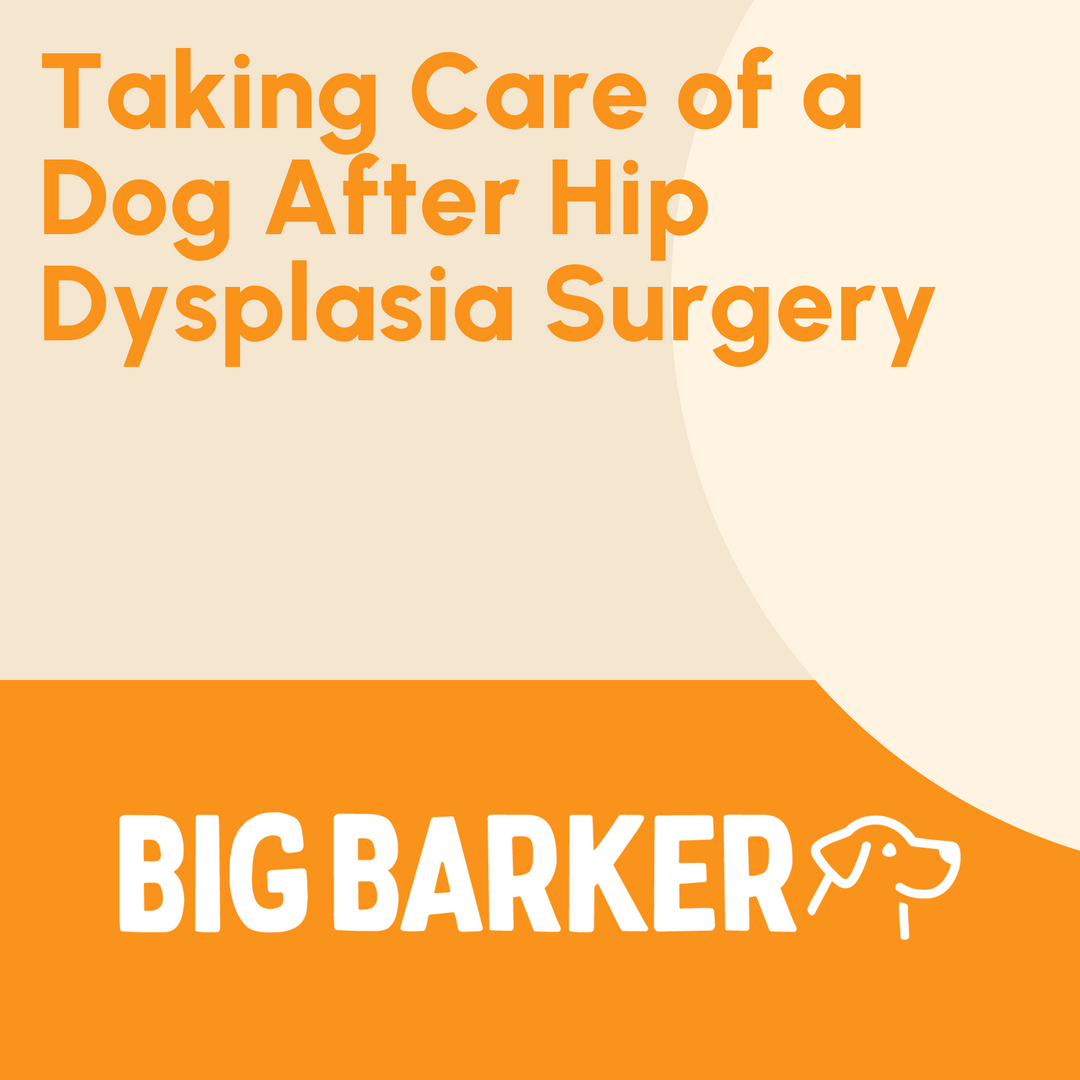Wellness
Hip dysplasia does not necessarily cause any disease in front legs, so it does not cause any developmental problems in the formation of any of the joints in the front legs. However, with severe hip dysplasia, a dog does not want to use their hind legs at all because it hurts.
Learn about the different ways hip dysplasia can affect a dog from expert veterinarian, Dr. Sarah Wooten.
Dr. Wooten discusses the benefits and drawbacks of several different diagnostic methods for determining if a dog has hip dysplasia.
Our expert veterinarian explains six things to do once you've found out your dog has hip dysplasia.
Dr. Wooten reviews options for dogs who aren't able to get up due to hip dysplasia.
Dr. Wooten goes over the impact that hip dysplasia can have on a dog's quality of life.
Swimming is an excellent exercise for dogs with hip dysplasia. It strengthens muscles and improves circulation. Click to learn more great exercises for your dog!
Dr. Wooten reviews the different ways that you can help your dog if they're suffering from hip dysplasia.
Dr. Wooten explains the Ortolani test and how it can help you determine if your dog has hip dysplasia.
Dr. Wooten reviews the pros and cons of steroid injections, stem-cell therapies and platelet-rich plasmas in the treatment of hip dysplasia.
Check out Dr. Wooten's top 4 tips for what to do if you can't afford surgery for your dog's hip dysplasia.
Find out how glucosamine can affect a dog's hip dysplasia.
If you're wondering how hip dysplasia may affect your dog's ability to move, get the facts from expert vet, Dr. Sarah Wooten.
Did you know that dogs can have back problems just like humans? It’s true! Bulging discs cause pain and loss of neurological function in both dogs and people. Read about how you can ease your dog's Intervertebral Disc Disease.
Osteoarthritis (OA) is considered to be the number one cause of chronic pain in dogs. According to the literature, at least 20% of dogs suffer from OA. Maybe your dog has been diagnosed with OA, and you are wondering what to do, or where to get more information.
Regenerative medicine is one of the fastest growing areas of research and development in veterinary medicine for the treatment of osteoarthritis, and if you have a dog who is suffering from arthritis or joint pain, then you need to know about it!
A cancer diagnosis for your dog can be downright scary—especially when you don’t know what to expect. Big Barker’s consulting vet, Dr. Sarah Wooten, recently had the pleasure of interviewing Dr. Sue Ettinger (aka Dr. Sue the Cancer Vet) about osteosarcoma and you could learn more about their conversation.
We understand how heartbreaking it is when your dog is diagnosed with arthritis. Your formerly happy, exuberant pup may be increasingly grumpy, hesitant to play or walk, or have trouble finding a comfortable sleeping position.
Big Barker’s consulting veterinarian, Dr. Sarah Wooten, kicks off her interview series with a very special interviewee—Dr. Kimberly Agnello, Assistant Professor of Small Animal Surgery, University of Pennsylvania. We would like to gratefully acknowledge Dr. Agnello’s time and her willingness to share her insights.
Disturbing Pressure Mapping Study Results
See how normal dog beds compare to the Big Barker bed in the results of this Pressure Mapping Study.
Recovering from hip dysplasia surgery—or any orthopedic surgery, really—presents its own challenges. Read this article to help your dog face these challenges after their surgery.


